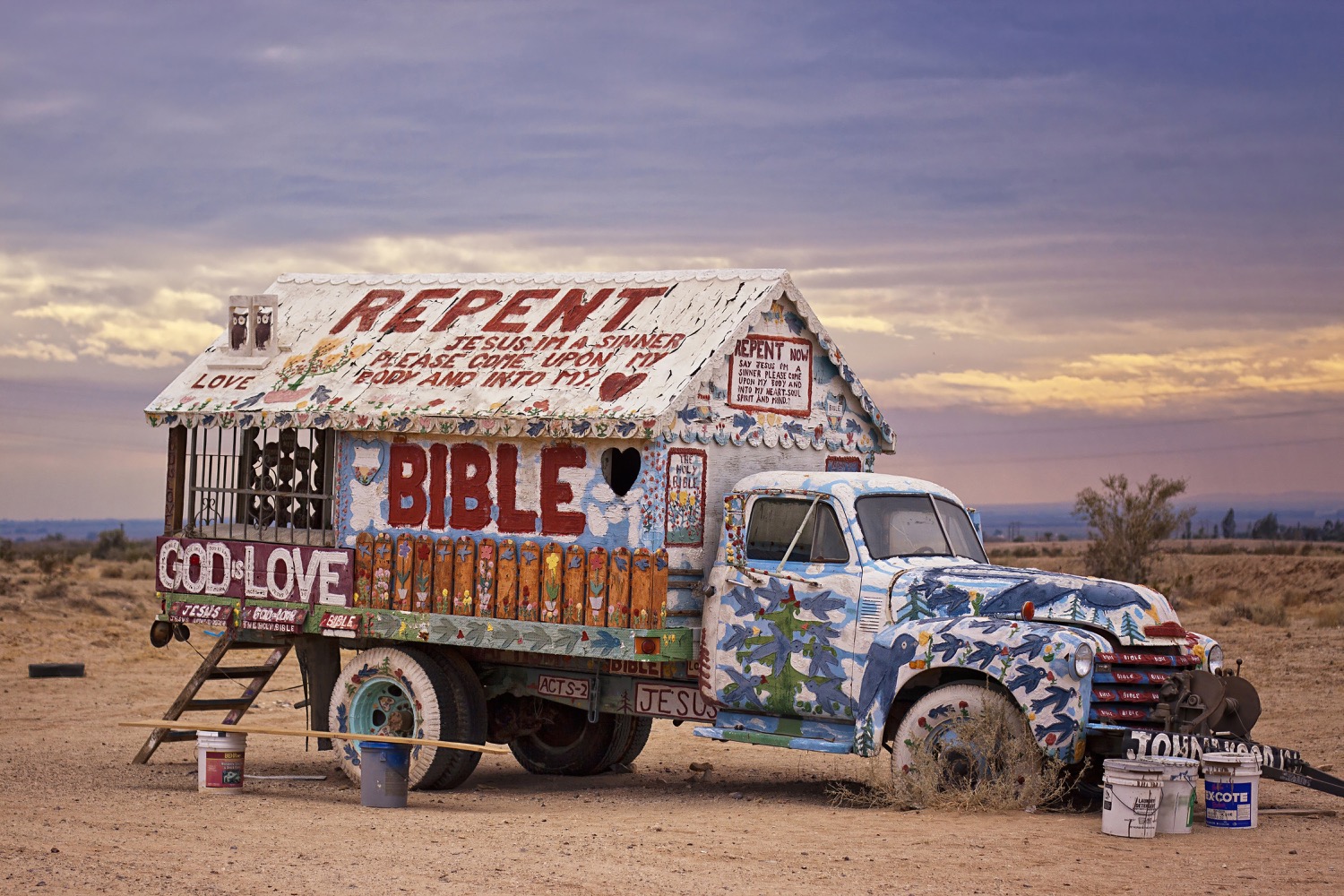
Ernest Cole: A Lens in Exile
Ernest Cole
Autograph presents Ernest Cole’s photographs documenting New York City during civil rights movement.
Autograph

This summer, Autograph presents the first exhibition of Ernest Cole’s photographs documenting New York City during the height of the civil rights movement in America.

Offering a rare and reflective insight into the seminal South African photographer Ernest Cole, A Lens in Exile will be on show at Autograph’s gallery in East London from 13 June – 12 October.
Best known for his radical images documenting the violence of apartheid, Cole fled South Africa in 1966 and was officially made stateless in 1968. In a televised interview 1969 he expressed a hope of being liberated from the day-to-day experience of racism. Focused on the humanity of everyday life, Cole spent his first years in New York City photographing Harlem and Manhattan, focusing his lens on the experience of living in a racialised America.


Framed against the struggle for civil rights, Cole captured moments of emergent black awakenings, unfolding within public and private spaces by the forces of Black Pride and Black Power. These remarkably intuitive photographs – documenting protest, politics and daily existence – were forged through a transgressive challenge to the status quo of American society.
Despite Cole’s observant eye confronting America in transition, these social documentary images revealed a chasm. Disillusioned and isolated in exile, he began to reflect that the systemic exclusion and segregation he experienced in South Africa was also prevalent in America. In his own words “it wasn’t any better: there was no freedom”.
The photographs displayed in the exhibition were taken between 1967–1972, representing a small chapter of Cole’s 60,000 images taken while in exile. In 2017, thousands of his negatives believed to have been missing for more than 40 years were discovered in a Stockholm bank vault. The Ernest Cole Family Trust was subsequently established to ensure Cole's important photographic legacy is preserved.
Ernest Cole: A Lens in Exile is realised in collaboration with Magnum Photos and The Ernest Cole Family Trust.


About the artist
Ernest Cole was born in South Africa’s Transvaal in 1940 and died in New York City in 1990. During his life he was known for only one book: House of Bondage – published in 1967. In 2011, the Hasselblad Foundation produced a follow-up: Ernest Cole: Photographer.
Cole’s early work chronicled the horrors of apartheid for Drum magazine and the New York Times among numerous other publications, and in 1966, he fled the Republic of South Africa. In 1968, the apartheid regime banned him in perpetuity, stripping him of his South African passport. He was briefly associated with Magnum Photos and received funding from the Ford Foundation and Time-Life. In North America, he concentrated on street photography in primarily urban settings.
Between 1969 and 1971, Cole spent an extensive amount of time on regular visits to Sweden where he became involved with the Tiofoto collective and exhibited his work. From 1972, Cole’s life fell into disarray and he ceased to work as a photographer, losing control of his archive and negatives. Having experienced periods of homelessness, Cole died aged 49 of pancreatic cancer in 1990. In 2017, more than 60,000 of Cole’s negatives missing for more than 40 years were discovered in a Stockholm bank vault. This work is now being examined and catalogued.
In 2022, House of Bondage was re-released by Aperture with an additional chapter, and for the first time, Cole’s photographs depicting black lives in the United States during the late 1960s and early 1970s was published in 2024’s The True America.
Address and ticketing
Autograph, Rivington Place, London EC2A 3BA
Entry is free. Visitors can book timed tickets on Autograph’s website or visit anytime the exhibition is open.
Links and tags
Exhibition webpage
Visiting information
@autographabp
About Autograph
Established in 1988, Autograph’s mission is to champion the work of artists who use photography and film to highlight questions of race, representation, human rights and social justice. Through doing so, we invite people to explore the creative and critical power of visual representation, in shaping our understanding of ourselves and of others. autograph.org.uk
.svg)
.svg)
.svg)







